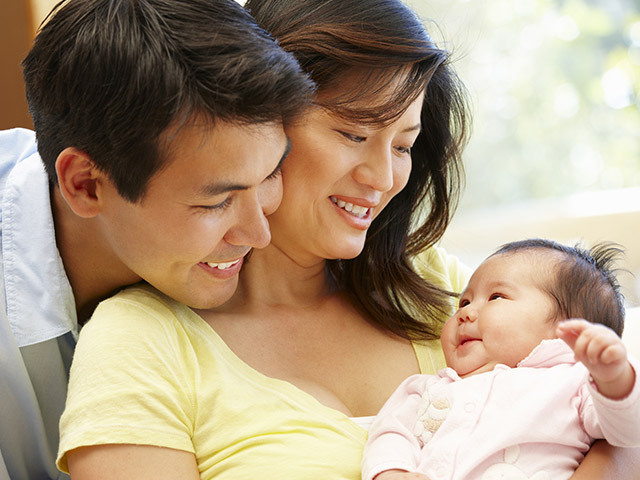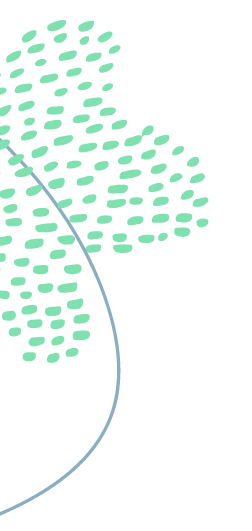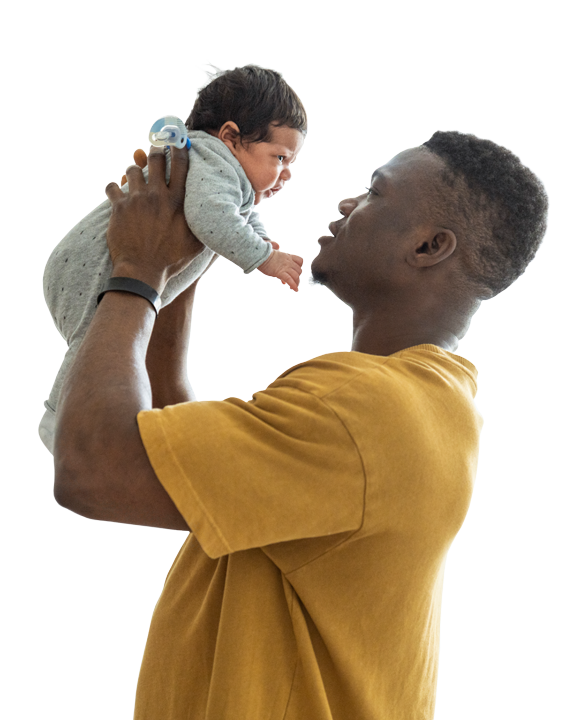DTD Postpartum Course
Build Your Physical, Emotional, and Mental Support Skills for Postpartum Families
Our DTD Postpartum Course is a comprehensive examination of the first year after a pregnancy ends. Amy Gilliland has spent three years pulling together materials from academic sources as well as raw lived experience to craft this journey. Dr. Gilliland developed this course to help a wide range of people through the postpartum period, focusing largely on parents, educators, birthworkers, nurses, family visitors, sexuality educators, and therapists. This course also supports the healing needs of people after their own challenging births and postpartums.
This course is an online, self-paced journey exploring a wide range of topics through learning activities, short lectures, and edutaining videos.

“After thirty years facilitating adult learning, it brings me great joy to break down difficult concepts into easy-to-understand steps. With an online classroom I have the opportunity to create a learning journey for people. There’s a central thread in our coursework for everyone.”
– Dr. Amy Gilliland

Course Recognition:
This course is required for the DTD Postpartum Certification and is worth 5 nursing continuing education hours (CE’s), which are accepted by all nursing and childbirth related organizations, and 5 AASECT CE’s.


Course Content
During this course, we will start with some helpful models to create a map for the material that we’re going to cover throughout the sections of the course. Then, at the end of the course, we will revisit those models to see how much you’ve absorbed about that first year.
Topics Covered During the DTD Postpartum Course Include:
- What’s Happening During Postpartum?
- Physical recovery and the new parental brain
- Psychological adjustment and emotional recovery
- Postpartum grief, rage, mood disorders, and suicide prevention
- Postpartum for partners, fathers, and non-gestational parents
- #1 supportive strategy is using intentional language
- Support for Queer families
- Postpartum for people with sensory processing differences and neurodivergence
- Discovering baby – sleep, state, cues, feeding, temperament
- Sexual intimacy, body image and genital self-image
- Recovery from medicalization of the body during hospital birth
- Influences on recovery
- Caring for families when the baby has died
- Intentional diapering and bathing
- Infant mental health and memory formation
- Detailed activities, handouts to print, and strategies to support postpartum families
Deconstructing Postpartum Misconceptions
The postpartum period is an upheaval of all aspects of life and identity for birthing parents. Current western society has rendered this experience as meaningless – suggesting it is a time when parents spend money on baby items that are only used for a few weeks or months. It follows another dangerous assumption, that unless a parent brings home a healthy child, postpartum is invisible or warped in some way.

Physical Recovery
- Review the major organ systems affected during postpartum recovery.
- Explore why six weeks was chosen as the time to return to work.
- Outline the physical recovery of the body and remedies for common concerns.
Psychological Adjustment
- Review the importance of positive body and genital self-image to self-esteem.
- Explore the interpersonal neurobiology perspective on postpartum anxiety.
- Learn how sensory processing differences can influence recovery and personal self-assessment.
- Break down the process of medicalization of the body during labor and birth and the importance of de-medicalization to postpartum recovery.
Psychology – Grief, Rage, and Mood Disorders
- Illustrate the main tenets of postpartum rage.
- Review the importance of monitoring the mother or birthing parent in preventing postpartum suicide and recovery relapse.
- Review the concept of developmental affirmations in parenting.
Discovering Baby
- Learn the importance of supporting parents effectively in their infant sleep journey through knowledge and truly supportive statements.
- Outline how infant temperament influences household patterns.
- Review six infant states and two types of cues.
Sexuality and Intimacy
- Learn how the birth experience influences sexual activity in the first year postpartum for both partners.
- Understand the influence of breastfeeding on the sexual life.
- Go over common postpartum sexual dilemmas and solutions.
- Learn the importance of mutual empathy for navigating the territory of postpartum successfully as a couple.
- Explore options for preventing pregnancy and optimal child spacing.
Postpartum for Partners and Fathers
- Discover the brain changes that are stimulated in fathers when they hold their newborn skin to skin.
- Review the rates of anxiety, trauma and depression in fathers, and their responses to it.
Best Practices to Support Postpartum Families
- Identify truly supportive questions to ask and statements to make to newborn parents.
- Explore how you can offer help that will be accepted and will make a difference.
- Assist parents in making and implementing a postpartum plan.






